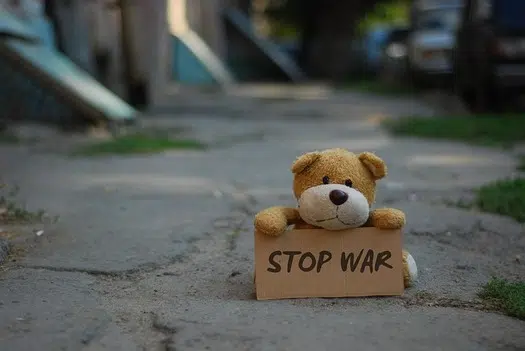International relief organizations impacted by USAID cuts
Press Clip Source: Public News Service
Link to Source: Here

As global conflicts and natural disasters escalate, groups like the Nonviolent Peaceforce, which works to protect civilians in conflict zones, faces severe funding challenges. The Trump administration's cancellation of nearly 90% of funding for USAID programs has sent shockwaves through the humanitarian sector.
The funding cuts also reverberate in the Sunshine State, home to more than 120 registered international relief organizations - among the highest concentrations in the country - including Miami-based World Relief and Coconut Creek's Food for the Poor.
The group Nonviolent Peaceforce said its Myanmar program is among the casualties.
Megan Rodgers, U.S. policy and advocacy manager for Nonviolent Peaceforce, said the timing couldn't be worse, as Myanmar grapples with the aftermath of devastating earthquakes.
"The stop-work order from the Trump administration in January, followed by cancellation of nearly 90% of all USAID programs, has definitely hit the sector really significantly. At a time when humanitarian needs have really never been higher, the funding available for those needs is really significantly contracting," she contended.
Despite partial 2025 funding restored after January's initial cuts, Nonviolent Peaceforce said critical gaps remain - from wars in Gaza, Sudan and Ukraine to climate-driven disasters displacing millions. Rogers added they are now racing to protect 2026 budgets through the House subcommittee overseeing foreign aid, chaired by Florida Republican Mario Diaz-Balart.
Rodgers warned that merging USAID with the State Department, as proposed in a Trump administration memo, could slow critical aid responses. But she pointed to hope in South Sudan, where women from rival communities work together to protect children from violence.
"So, that's an example of community organizing that has actually protected a lot of children from abduction, from violence. Because women are stepping up and saying that they don't want to be part of this violence and they want to protect themselves from it - so, stepping away from that cyclical process of violence," she continued.
As congressional budget negotiations unfold, peacekeeping groups stress that the stakes extend far beyond politics - and that millions of lives hang in the balance.
